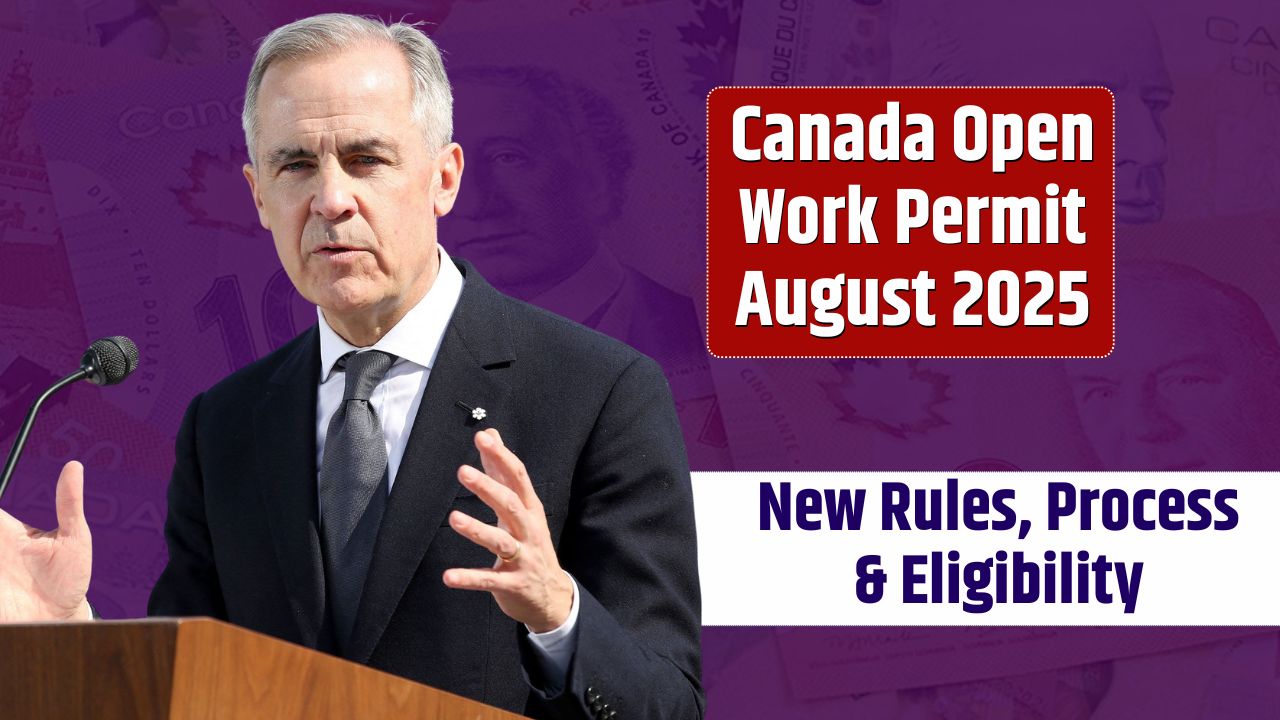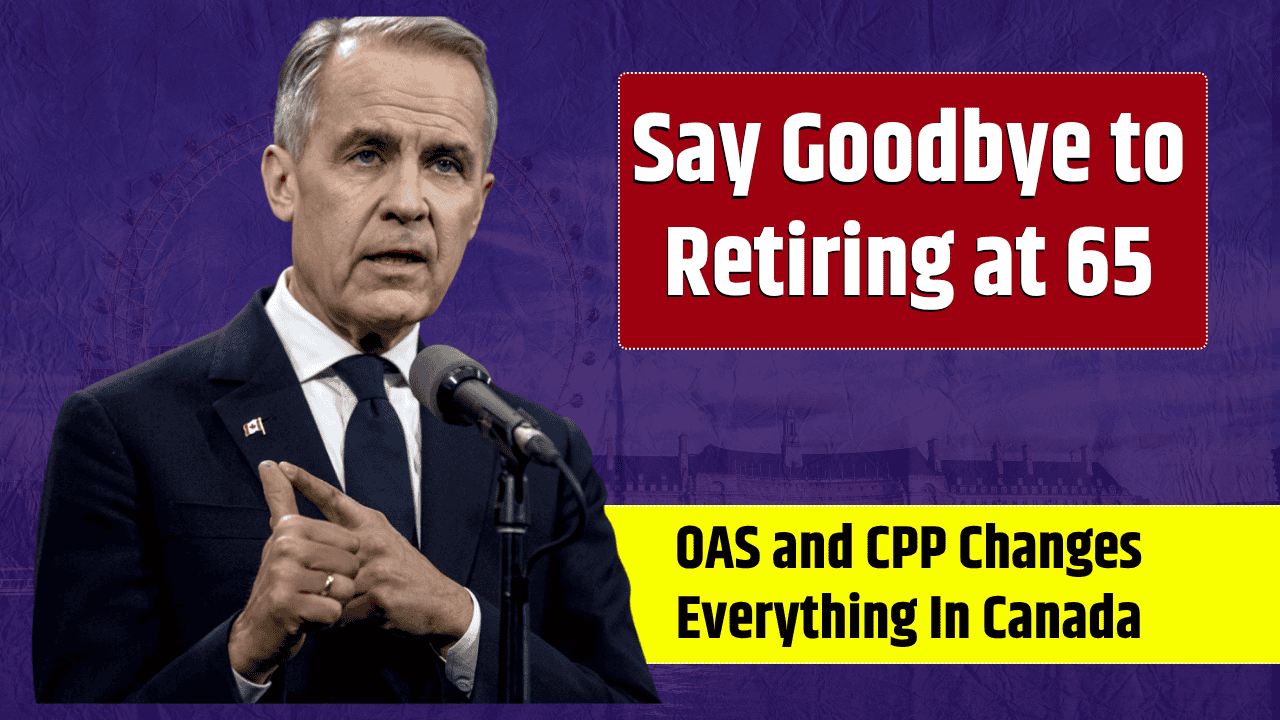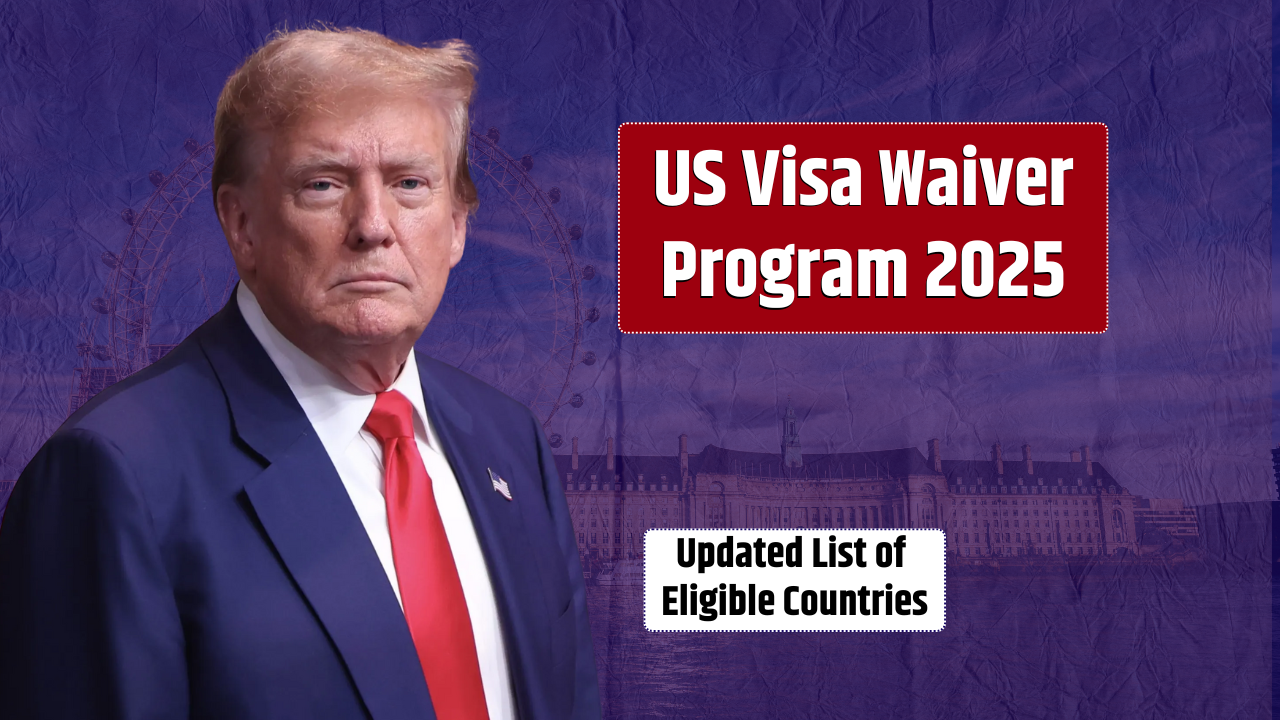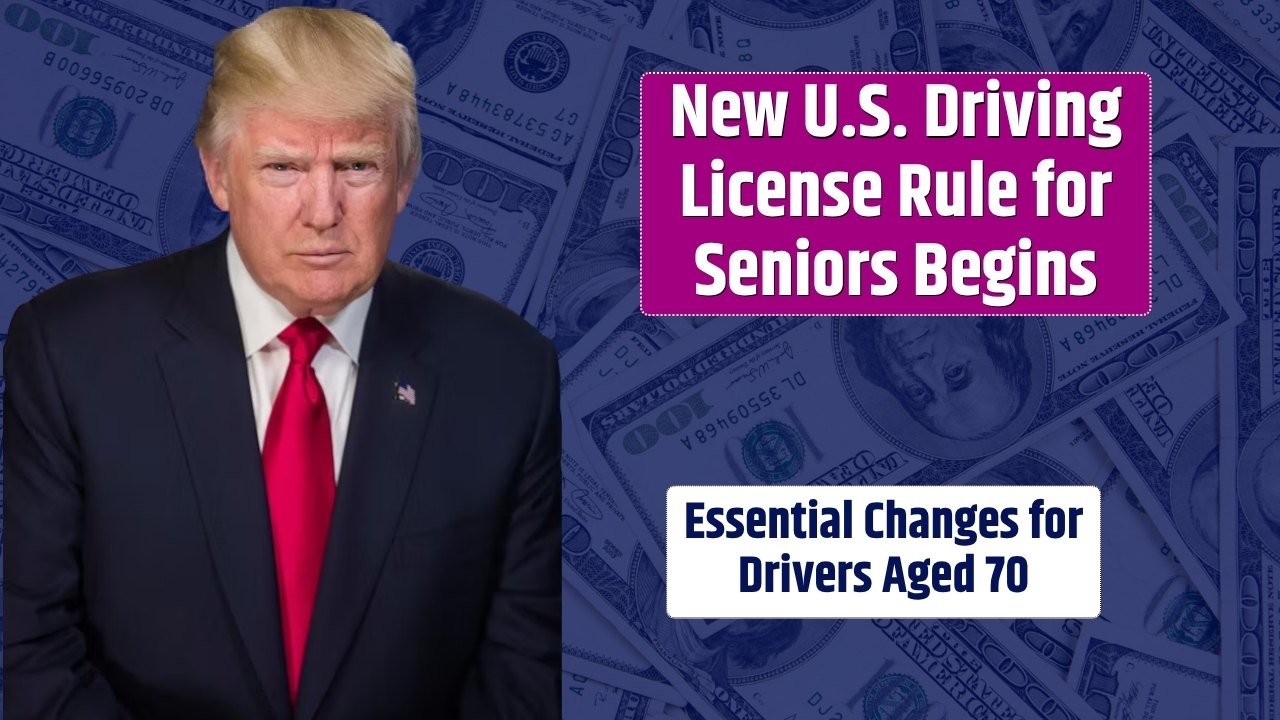Canada’s Open Work Permit (OWP) remains a powerful tool for individuals looking to live and work in the country without being tied to a specific employer. With recent changes rolled out in August 2025, the program has become even more inclusive—offering expanded access to spouses of skilled workers and students, recent graduates, and those transitioning to permanent residency.
If you’re considering moving to Canada for work or to join a loved one, here’s a practical overview of how the Open Work Permit works—and how you can take advantage of it.
Table of Contents
What Is an Open Work Permit?
An Open Work Permit allows foreign nationals to work for almost any employer in Canada. Unlike most work permits, it does not require a job offer or a Labour Market Impact Assessment (LMIA), which makes it far more flexible.
Who Can Apply?
As of mid-2025, the following groups are eligible to apply:
| Eligible Group | Description |
|---|---|
| Spouses or common-law partners | Of skilled workers, international students, or permanent residents |
| Graduates | Those holding a Post-Graduation Work Permit (PGWP) or applying for PGWP extension |
| Permanent residency applicants | Especially under inland spousal sponsorship or humanitarian programs |
| Refugees and protected persons | With pending or approved claims |
| International mobility applicants | Depending on agreements or reciprocal programs |
How to Apply for an Open Work Permit
The application process is online, managed through the IRCC portal (Immigration, Refugees and Citizenship Canada). Here’s what to expect:
Step-by-Step Process:
- Create an IRCC account at www.canada.ca
- Complete the application forms digitally.
- Upload supporting documents, including your passport, proof of relationship (if applicable), and any other required forms.
- Pay the fees online.
Required Documents:
- Valid passport
- Digital photo
- Proof of status (if applying from inside Canada)
- Marriage certificate or proof of common-law status (if applying as a spouse)
- Resume or CV (optional but recommended)
Fees:
| Item | Cost |
|---|---|
| Open Work Permit processing fee | CAD $155 |
| Open Work Permit holder fee | CAD $100 |
| Biometrics (if required) | CAD $85 |
Processing Time:
Average processing ranges from 6 to 10 weeks, depending on your location and application complexity.
What Happens When You Arrive in Canada?
Once your application is approved, you’ll receive a Letter of Introduction. When you land in Canada, you present this to a border officer, who will then issue the actual work permit. From there, you’re free to begin working with most employers across the country.
Benefits of the Open Work Permit
- No employer lock-in: You can switch jobs or employers without reapplying.
- Work anywhere: You’re free to work in any province or territory.
- Support permanent residency: Work experience gained under an OWP may help you qualify for future immigration programs.
Personalized Pathways: Can You Apply?
If you’re from Trinidad and Tobago with a long work history (like 21 years with Royal Caribbean), you may qualify through a few different routes:
- If your fiancé is a skilled worker or student in Canada, you could apply for an Open Work Permit as a spouse or partner.
- If you apply under Express Entry or another economic immigration stream, the OWP could come as part of that transition.
- If you’re applying for permanent residency, you may be eligible for a bridging Open Work Permit.
For someone with your experience in hospitality and farming, Canada’s agri-food pilot, Atlantic Immigration Program, or even certain provincial nominee programs (PNPs) might also be worth looking into.
For the 55-year-old auto mechanic from the U.S., you may want to explore the Federal Skilled Trades Program or a PNP targeting skilled trades—many provinces are actively seeking skilled mechanics and technicians.
FAQs
Do I need a job offer for an Open Work Permit?
No. That’s what makes it so flexible—you don’t need a job offer or LMIA.
Can I apply from inside Canada?
Yes, if you have valid status (such as a visitor or study permit), you can apply online.
How long is the permit valid?
Usually between 1 and 3 years, depending on your passport validity and category.
Can I extend it?
In many cases, yes—if your spouse continues working or studying, or you’re transitioning to PR.














